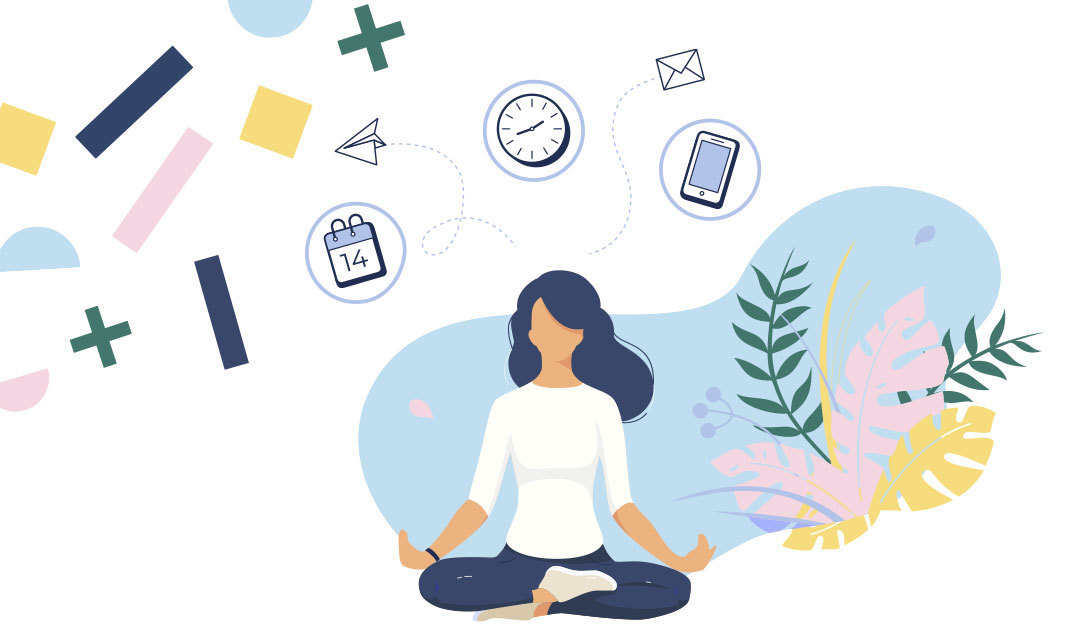
Stress is the body's response in the form of psychological and physical stress caused by changes in environmental conditions.
A moderate level of stress can sometimes be useful and can increase performance. However, with prolonged exposure, it can become harmful and dangerous to your health, as well as leading to occupational burnout.
Severe stress triggers compensatory mechanisms in the nervous, endocrine and immune systems. If stress lasts for a long time, the mechanisms designed to compensate for it become depleted. This leads to a weakening of the body's resistance and the person becomes prone to disease.
You are invited to take the K. Schreiner rapid stress test. Schreiner
Tick the questions that you can answer positively:
- I always strive to get the job done, but I often fall behind and have to catch up.
- When I look at myself in the mirror, I notice signs of fatigue and overwork on my face.
- With school and at home, it's all trouble.
- I am fighting hard against my bad habits, but I am failing.
- I am worried about the future.
- There are so many changes going on around us that it makes your head spin.
- I love my family and friends, but I often experience boredom and emptiness with them.
- I don't do well and I am often disappointed in myself.
Processing of rapid diagnostic results and their characteristics
Count the number of positive answers. Each "Yes" answer is given 1 point.
- 0-4 You behave in a stressful situation in a fairly restrained manner and know how to regulate your own emotions.
- 5-7 You always behave correctly in a stressful situation. Sometimes you are able to keep your composure, but there are times when you get worked up over nothing.
- Eight points. You are overworked and exhausted. You often lose control in stressful situations and lack self-control. The consequence is that you and the people around you suffer. Developing your ability to regulate yourself under stress is a major challenge in your life right
Maintaining psychological health and well-being
-
Informal socialising with friends and family: in today's situation of self-isolation, it is important not to cut yourself off from social contacts and to keep in touch through online services or by telephone;
-
Taking up a favourite hobby: think about what gives you joy and the opportunity to see the results of the work you have done? It is useful to do something every day that gives you a sense of achievement. Maybe it's a hobby you've always missed, maybe you'll discover something new.
-
Creative activities: Creativity has an important function as an emotional release. Whether it's painting, which you've never been able to do but enjoy, or singing, which is relaxing and uplifting. Plan an activity for each day that pleases you.
Here is a decision-making framework to help you look at the problem objectively
What am I worried about?
Is there anything I can do about this problem?
Yes
Think about what you can do, who you can turn to for help and make a list of options. The Regional Centre for Psychological Support and Continuing Education has a 24-hour helpline and you can also make an appointment for a face-to-face consultation with a psychologist.
No
Let go of anxiety and focus on something else that is important to you right now. Change your activities, distract yourself. Perhaps you will come back to the issue later.


